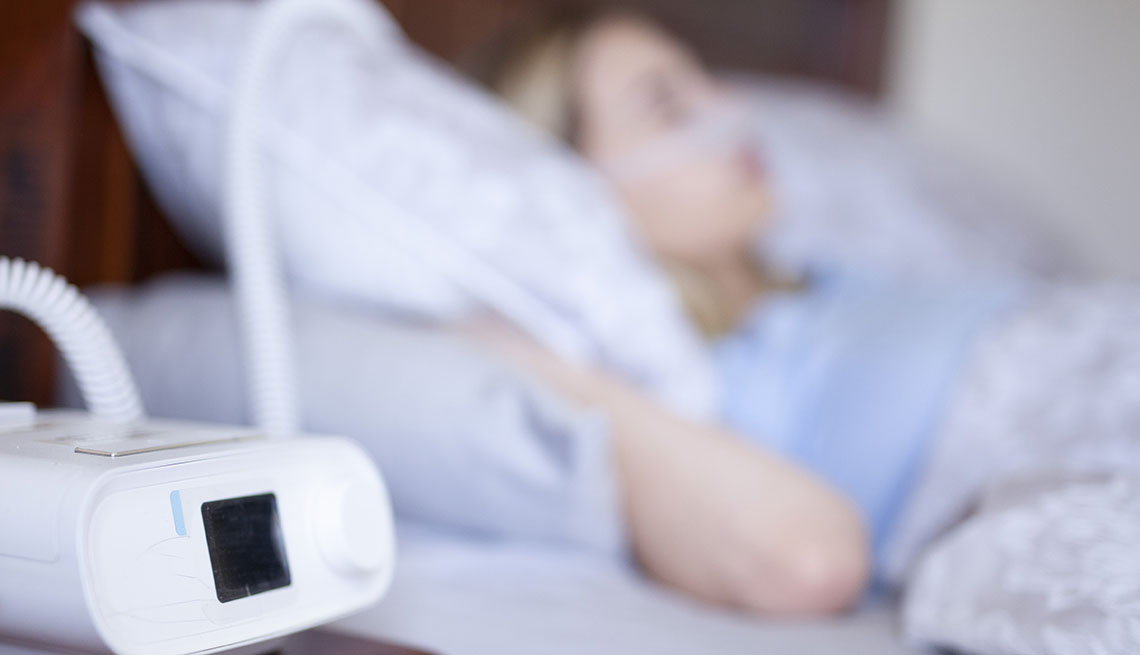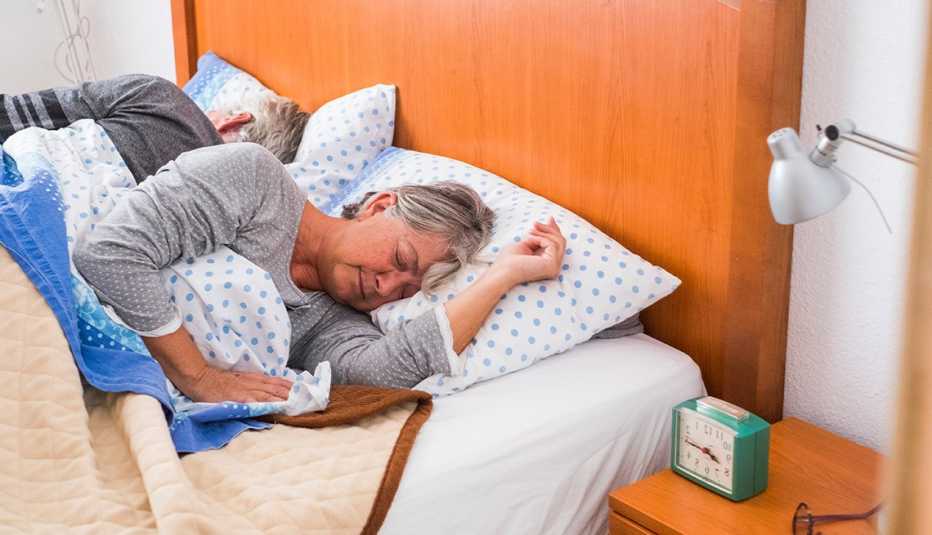AARP Hearing Center
The Food and Drug Administration (FDA) has authorized Philips to start repairing the first-generation DreamStation sleep apnea machines that were recalled in June because foam used in the devices posed health issues to consumers.
The company announced that it will begin repairing devices this month and has already started replacing certain first-generation DreamStation CPAP devices with a newer version of the product. Phillips expects the repair and replacement programs to be complete by September 2022.
Millions of its sleep apnea machines and life-sustaining ventilators were listed under the Class I recall, the most serious type, because use of the products can result in serious injuries or death. The company announced that foam used in the breathing devices may degrade into particles and be ingested or inhaled by users. The foam may also give off chemical emissions. Exposure to foam particles or emissions is potentially toxic, the manufacturer said, and may cause cancer, among other health risks.
“We fully recognize that the timeframe for remediation of the affected devices places patients in a difficult situation,” Philips CEO Frans van Houten said in a statement. “We are mobilized to deliver a solution to them as fast as possible. We have significantly increased our production, service and rework capacity, and further intensified our outreach to our customers and their patients.”
He urged patients with affected devices to register them on the company’s recall website, phillips.com/src-update. Patients or caregivers can look up their device’s serial number and begin a claim if their unit is affected. Make sure not to input any spaces or the letters “S/N” when looking up a machine.
Those with affected PAP and CPAP devices should discontinue using them and work with their provider to determine the best option for continued treatment. Patients using life-sustaining mechanical ventilators should not stop using the devices before talking to a doctor about alternatives.
Numerous complaints and injuries
Since the recall was first announced, the FDA has recorded more than 1,200 complaints and over 100 injuries related to the issue.






































































